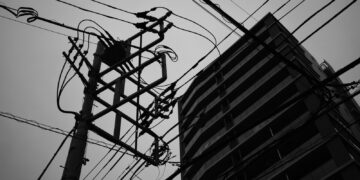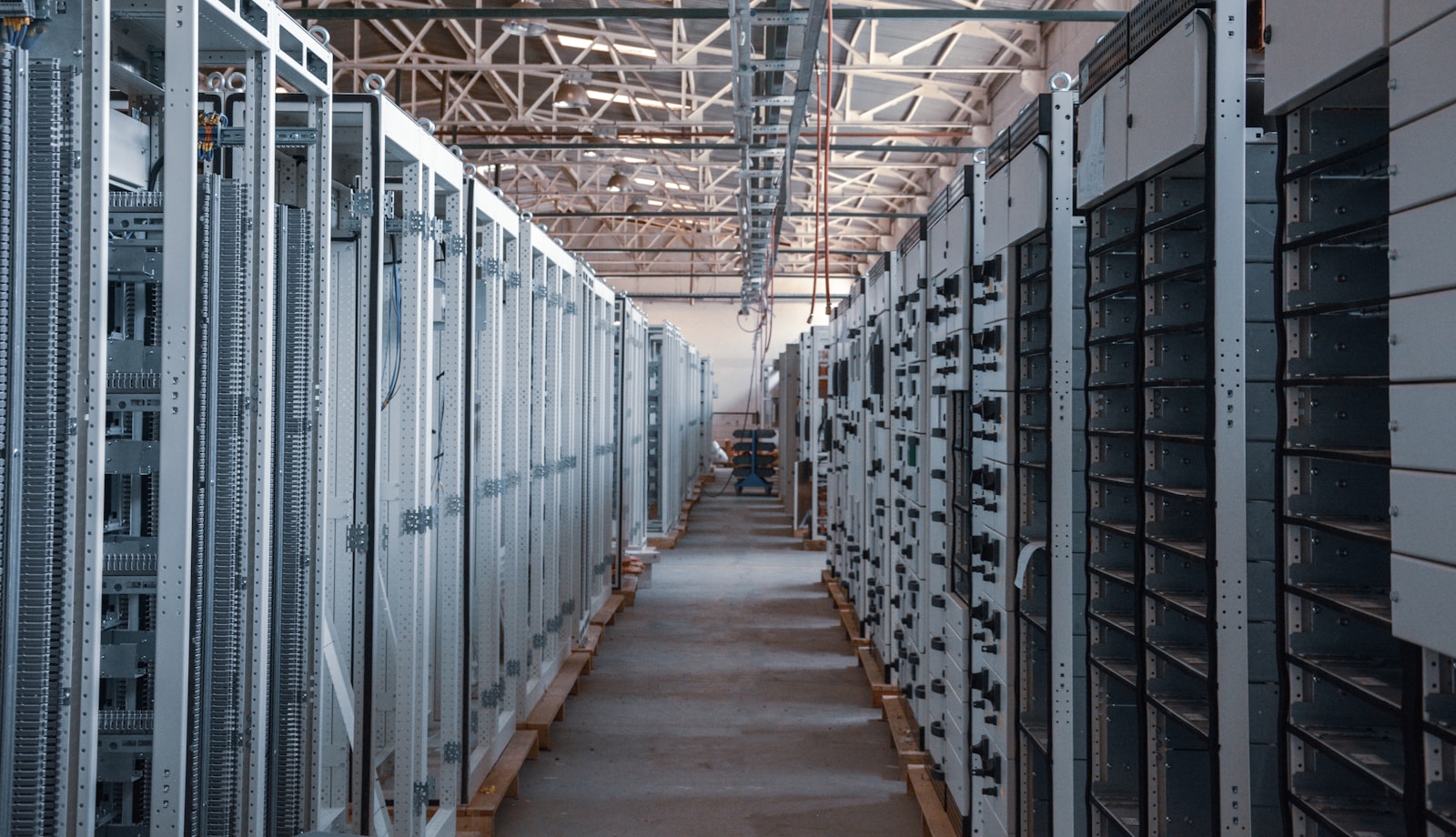The Eco-Business landscape is at a crossroads in 2025, where opportunity and uncertainty collide. From booming sustainable product sales to regulatory rollbacks and global waste challenges, the latest trends reveal a world where green innovation isn’t just thriving—it’s becoming essential. Here’s what’s driving the headlines and what it means for businesses aiming to lead in the eco-space.
Sustainable Products Take the Lead
If there’s one clear signal from today’s market, it’s this: consumers are voting with their wallets for sustainability. Recent data shows sustainable products growing 2.7 times faster than conventional alternatives, a trend that’s rewriting the rules of commerce. Whether it’s biodegradable packaging, plant-based foods, or energy-efficient tech, eco-friendly options are no longer niche—they’re mainstream. For businesses, this is a wake-up call to integrate sustainability into every layer of strategy. Those who innovate now will not only capture market share but also build resilience against a future where green is the default.
Economic Winds Blow Hot and Cold
Yet, the road ahead isn’t all smooth. U.S. business activity ticked up this month, offering a glimmer of optimism amid fears of sluggish growth and stubborn inflation. The catch? Looming import tariffs and potential government spending cuts could rattle supply chains—especially for eco-businesses reliant on global materials or consumer spending. Meanwhile, in China, a slowing economy has hit discretionary industries like brewing, with nightlife venues shuttering as wallets tighten. This ripple effect hints at a broader challenge: green brands must adapt to leaner times with cost-effective, scalable solutions that don’t compromise on impact.
A Waste Wake-Up Call Sparks Innovation
On the horizon, a sobering forecast looms—global waste could double by 2050. But where there’s a crisis, there’s opportunity. The circular economy is buzzing with breakthroughs, from AI-driven waste sorting to fungi-based materials that could replace plastics. These innovations aren’t just cool science—they’re the future of manufacturing, packaging, and beyond. Eco-businesses that lean into these trends can turn a planetary problem into a competitive edge, proving that sustainability and profitability go hand in hand.
Policy Pivot: EPA’s Climate Rollback
Closer to home, a seismic policy shift is shaking the green economy. The U.S. EPA’s recent rollback of Biden-era climate rules—slashing regulations on pollution, EVs, and renewables—has sparked fierce debate. Framed as a rejection of “climate-change religion” by agency leadership, this move could stall progress in key eco-sectors. Yet, it’s not all doom and gloom. Deregulation might open doors for private-sector innovation, forcing eco-businesses to double down on market-driven solutions rather than relying on mandates. Adaptability will be the name of the game.
What’s Next for Eco-Business?
The takeaway from March 2025 is clear: the eco-business world is dynamic, demanding agility and vision. Sustainable products are a bright spot, but economic headwinds and policy shifts mean green leaders can’t coast. The winners will be those who innovate—whether it’s tapping into the circular economy, rethinking cost structures, or finding new ways to thrive in a deregulated landscape.
For eco-entrepreneurs and conscious consumers alike, this moment is a call to action. How will your business—or your buying choices—shape the green future? Drop your thoughts in the comments below, and let’s keep pushing the conversation forward.

















